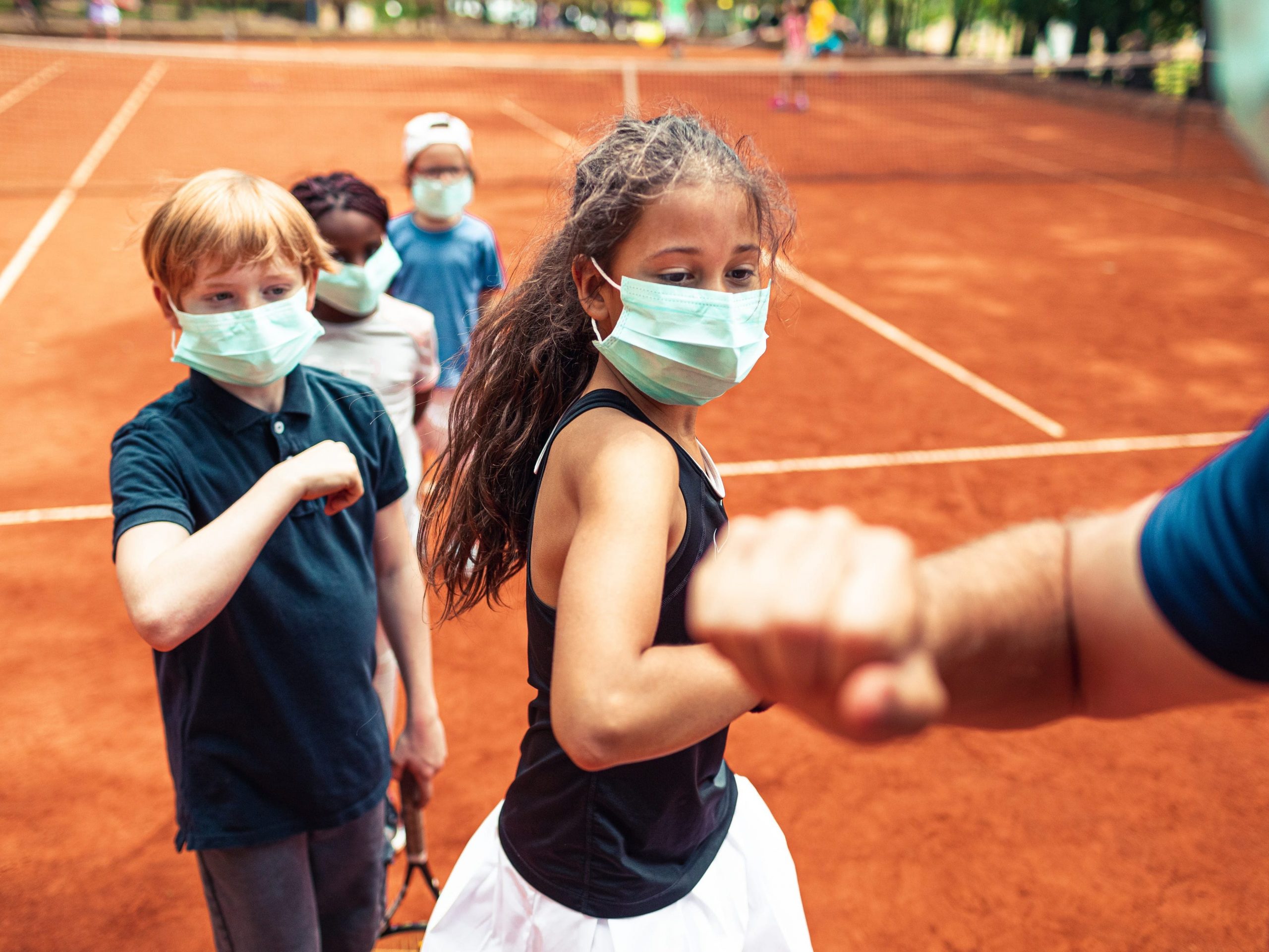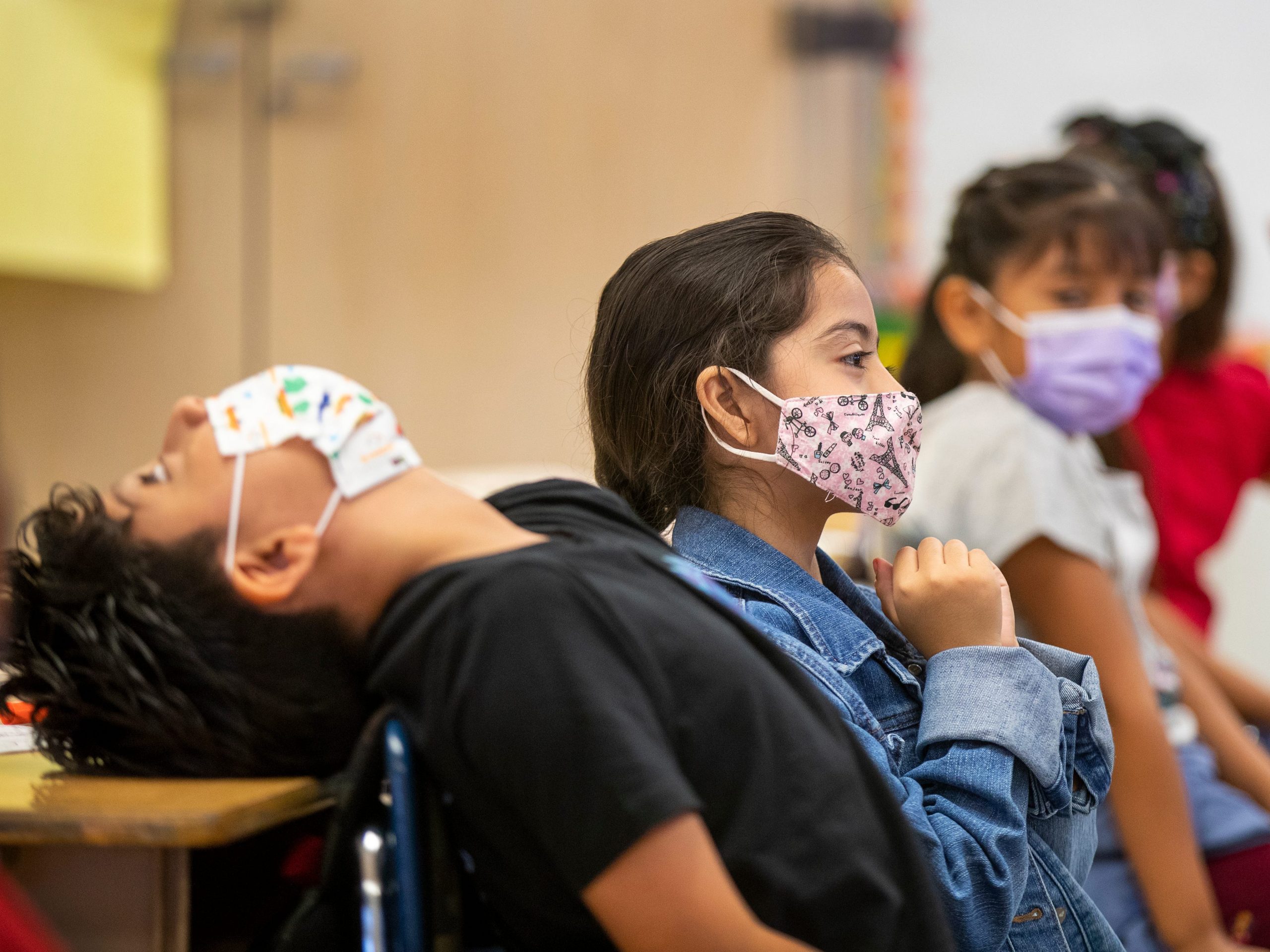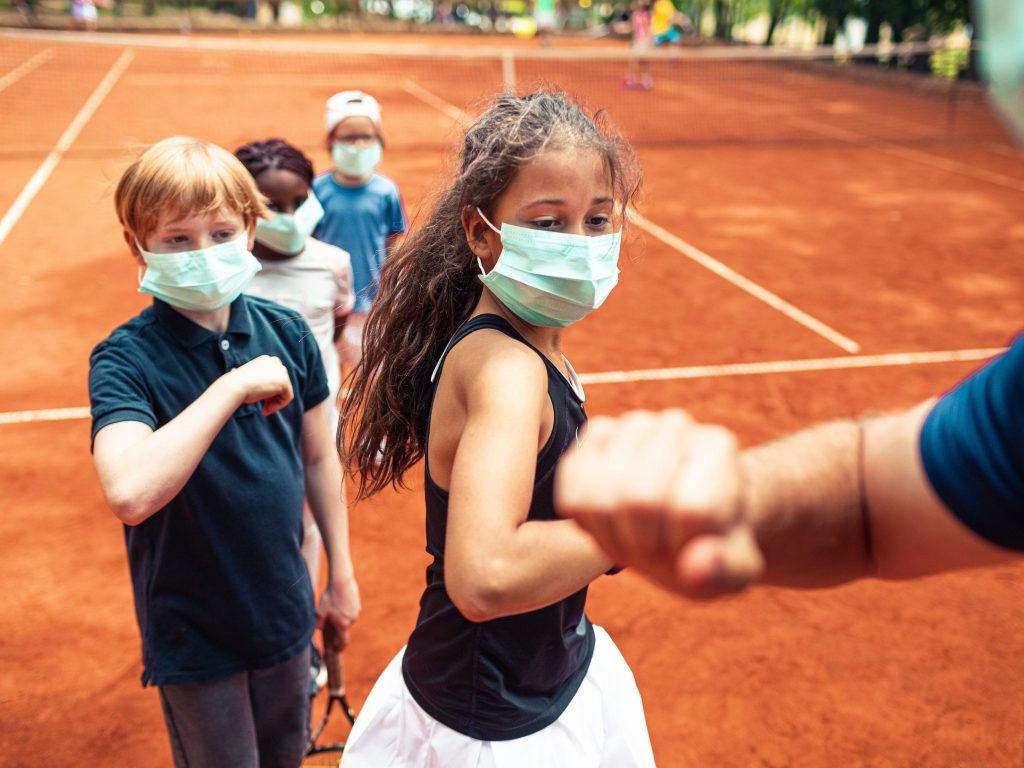
Marko Geber/Getty Images
- Pfizer said its coronavirus vaccine is safe and likely to be effective in younger children.
- The pharmaceutical giant plans to soon apply for an expanded OK that includes 5- to 11-year-olds.
- The two-dose shot is already OK'd for people 12 years and older.
- See more stories on Insider's business page.
The Pfizer-BioNTech coronavirus vaccine was safe and generated a promising immune response in a trial in kids ages five to 11, the drugmakers said Monday in a press release.
Pfizer and BioNTech said they plan to submit the data to the Food and Drug Administration and international drugs regulators "as soon as possible." That could make their COVID-19 shot the first authorized for younger children.
The two-dose vaccine is currently OK'd for children as young as 12 in the US. Public-health leaders – and countless parents – have been clamoring for vaccines to expand into younger populations, particularly as COVID-19 cases among children have increased in recent months.

Crystal Cox/Skye Gould/Insider
Research in even younger children is ongoing, with Pfizer and BioNTech expecting results down to 6-month-old infants before year's end.
"Since July, pediatric cases of COVID-19 have risen by about 240% in the US – underscoring the public health need for vaccination," Pfizer CEO Albert Bourla said in a statement.
Once Pfizer and BioNTech submit their data to regulators, pressure will shift to the FDA to act quickly. While drug and vaccine reviews typically take nine to 12 months, the agency has prioritized assessing the COVID-19 vaccines. It took the FDA one month to expand Pfizer's vaccine to 12- to 15-year-olds in May, for instance.
It's unclear how quickly the FDA could act on this expansion into even younger children. Pfizer has previously indicated it expects the FDA could authorize the shot to be used in younger kids before the end of October.

Los Angeles Times
Pfizer and BioNTech are seeking give the immunization as two smaller, 10-microgram dose in this younger age group. For adults and children 12 years and older, the vaccine is given as two 30-microgram doses.
In the study, Pfizer and BioNTech tested this smaller dose on 2,268 children who were 5 to 11 years old. Their immune responses to the vaccine, measured by the level of virus-fighting antibodies in their blood, was similar to a group of 16- to 25-year-olds who received the standard 30-microgram dose.
The companies expect that the presence of these antibodies means the vaccine will help kids fend off the virus. But they didn't provide evidence that directly shows the vaccine is effective at preventing COVID-19 cases in this age group.
The companies said side effects were comparable between 5-to-11 year olds and 16-to-25 year olds. The press release did not provide further specifics on the frequency and severity of side effects for this younger age group. The study results described in the release have not been published in a peer-reviewed medical journal.

